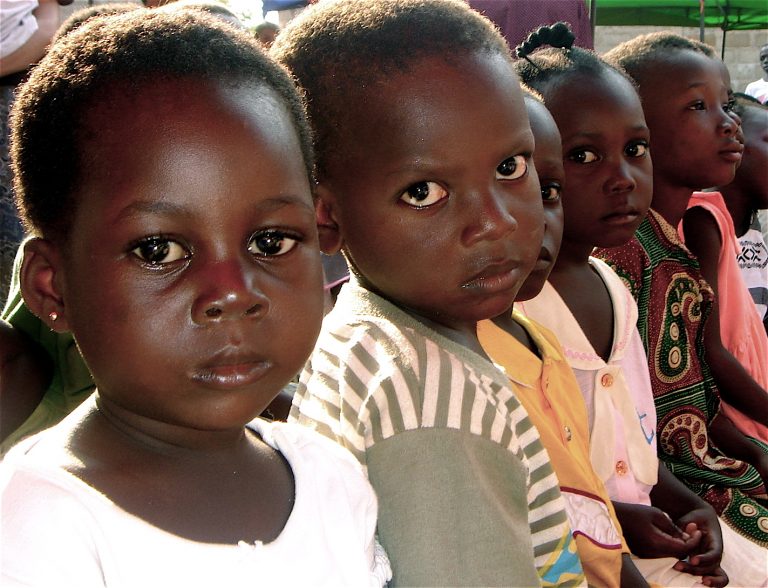
Source: Dr. Angela Migowa, Paediatric Rheumatologist at Aga Khan University Hospital
Arthritis disease, a common inflammation of joints is commonly associated with older adults, but contrary to what many think, it can also be found in children. Arthritis diagnosed in children is not similar to the one that affects adults through the symptoms experienced by both can be similar.
There are different types of arthritis in children. Juvenile Idiopathic Arthritis (JIA) is the most common chronic arthritis among children. It is diagnosed in children 16 years old, or younger, with arthritis symptoms for at least 6 weeks after ruling out other secondary causes. JIA is an autoimmune disorder which means the child’s body defense, the immune system, attacks the body tissues.
Diagnosing this condition is challenging as it is done through clinical skills that require a specialist listening to the child’s complaints and a thorough physical examination.
Other conditions that present with it as a symptom in children include infections, childhood cancer, bone disorders, and lupus amongst other autoimmune diseases. It is therefore essential to ensure thorough and accurate examination of the child to avoid misdiagnosis.
Symptoms suggestive include swollen, red, hot and painful joints associated with difficulties in movement, or performing regular daily activities.
Other symptoms include joint stiffness especially when the child wakes up, limping, persistent fever, weight loss, irritability and eye pains which may cause blurred vision. More often, pain may be ignored for a long period of time with the assumption that it’s related to growth, or the child is pretending to be in pain. JIA can cause permanent joint changes resulting in long-term disability.
Management of childhood arthritis includes medical treatment and physical rehabilitation tailored according to the type of arthritis. Recommended drugs and physical therapy can help to relieve pain, reduce swelling, increase joint mobility, prevent joint damage and complications. Counseling is also advised for the affected child, parents, and caregivers as a form of psychosocial support during therapy.
Children or adults with arthritis face many challenges such as high costs of treatment, difficulty in accessing medication and scarcity of specialists as there are only two pediatric rheumatology specialists in East and Central Africa who are based in Kenya.
It poses a great challenge to any individual or family to fight this battle alone and therefore the government and policymakers should create more awareness of this disease like any other chronic illness and facilitate training of health professionals to promptly identify and initiate management for rheumatological diseases.
It is important to seek treatment from professionals who are knowledgeable about juvenile arthritis in case you suspect a child is suffering from this condition to minimize the heavy burden of disability and pain associated with these diseases. Drugs and vaccines should be made available and easily accessible to all as rheumatological diseases require long-term treatment with immunosuppressive therapy.
Thus arthritis is not a disease of the old and afflicts children too. When well-managed, most children with arthritis achieve normal development and live normal lives enabling them to achieve their full potential within the society.





